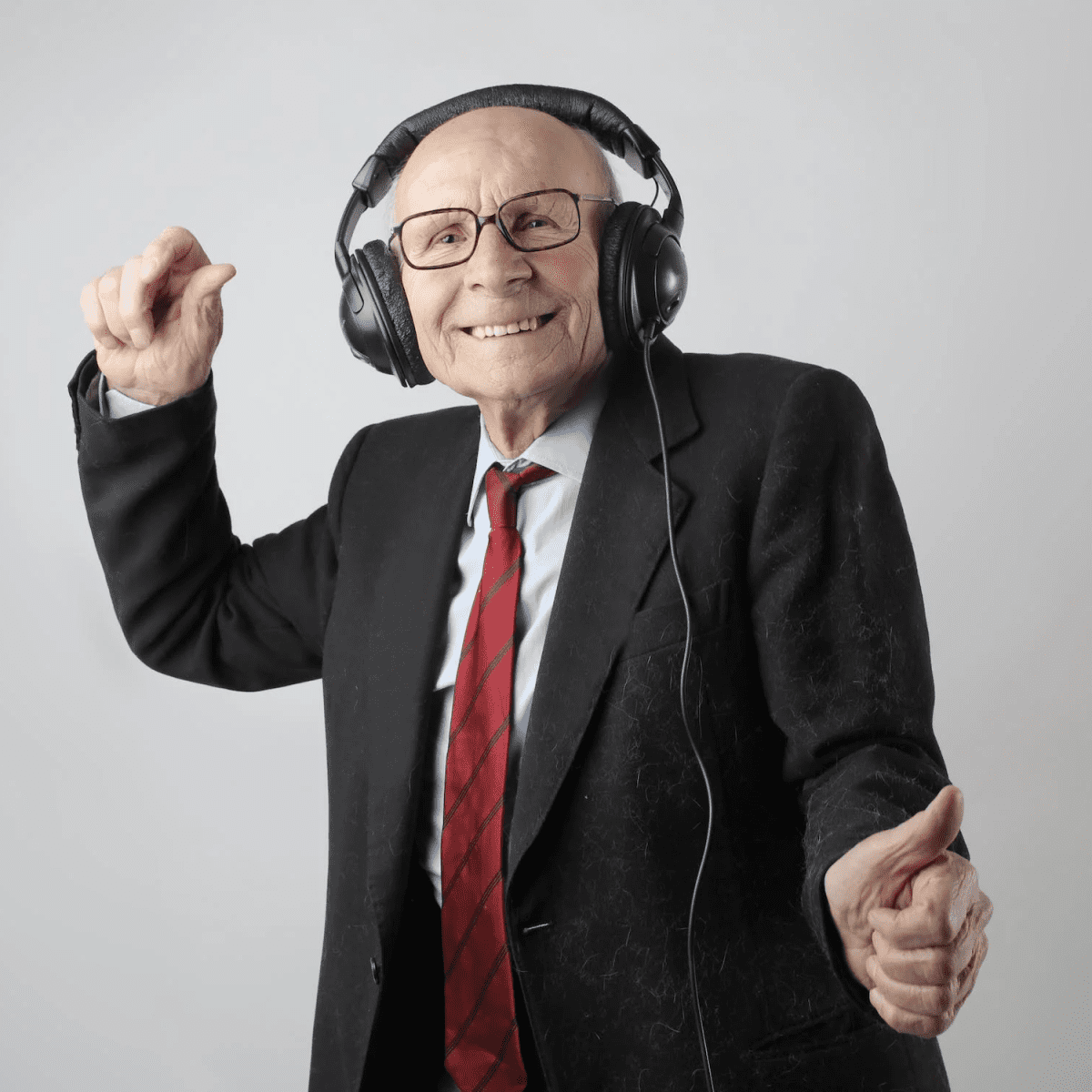Music is often a potent medium as well as an integral a part of our everyday lives. Music enters, from advertisements to anthems, from nursery rhymes towards the self-repeating jingles we use like a memory device.
Inside your age of puberty, a lot of your mates likely followed exactly the same, or similar, music and artists. Shared music can create a communal feeling and togetherness, potentially introducing you to people you’d haven’t ever met.

One among music’s main benefits is merging people that might not otherwise know one another. For fogeys or grandparents who cannot communicate as effectively as a result of medical or language barriers, songs, melodies, and sounds may bring unity without the need for words.
Sometimes, culture could possibly get lost between generations, particularly if languages aren’t handed down. Music can connect the older and younger generations that assist preserve culture, being a parent or grandparents often share cultural traditions and stories through songs or teaching instruments.
Encourages exercise and health
Once they hear a fantastic beat, many people can’t help but move just a little – even if they “can’t dance.” Whether your spouse is often while working out, likes to carry on walks, or perhaps loves to dance, music is an excellent way of getting them high on their feet.
Workout is important to a healthy lifestyle since it strengthens parts of your muscles and bones, reduces the risk of disease and illness, and improves overall mobility and quality of life. Some individuals aren’t fond of a health club, but that’s not the only approach to exercise! An excellent song could possibly get your heart pumping and your body moving.
Can improve mental health
Music can drastically affect our feelings and state of mind. It has which can reach deep emotional areas of mental performance and evoke strong emotions. Happy, joyful music triggers our brain’s dopamine receptors, which ends up in mood boosts and a better outlook on life. In comparison, sad music is likely to possess the opposite effect.
Your feelings will probably follow suit with respect to the form of music you pay attention to. For example, when exploring gym, athletes often play hype music to assist them to push because of their best, and composers use intense music to trigger fear, surprise, and suspense in film scores.
Music may help people who are afflicted by anxiety or depression by calming and reducing those feelings. Some therapists use music to explore emotions individuals don’t necessarily have the words to convey.
The highest quality songs for seniors are the type which means that something to them. Ask your beloved regarding favourite songs, or introduce them to something new!
It improves concentration while keeping focused.
Playing a device is a superb strategy to build concentration while focusing. Brand new skills require steady attention and perseverance to understand. Research has shown that learning a musical instrument strengthens the grey matter in the brain, fosters more communication involving the all over the place sides with the brain, and improves overall cognitive ability.
Therefore, people that play musical instruments have better concentration, memory, fine motor skills, and overall brain strength. This fact remains true even if you started learning just as one adult.
Should your cherished one has always aspired to learn how to play music, get them to do so. Not only does learning a device improve cognitive function, but it’s also fun! It may introduce new friends and new experiences.
Music is linked to memory.
Sound is really a close second to smell in terms of essentially the most memory-linked senses. Music features a distinct method of triggering our memory, as certain sounds and songs often point out memorable moments we keep close to our hearts. They can help bring us to the places we’ve been that assist us remember fondly the people we knew.
Therapists recommend or integrate music therapy for those with Alzheimer’s or dementia. Despite the condition, music often revives memories that might well be forgotten. For musicians especially, there were most cases where muscle memory gets control of, and even with dementia, they’re able to play and improvise songs perfectly.
However, the most common using tunes and melodies is usually to ease the anxiety and depression that can come using the diagnosis and growth and development of dementia. Experts repeat the best music for seniors with dementia is familiar, calming or happy.
Regardless of whether your parent or grandparent doesn’t have dementia, music can revive fond memories and transport rid of it to “the good ol’ days.”
To inspire diet and weight loss, many of our locations have music programs to supplement our memory care program and improve our residents’ total well being. By way of example, our Seasons Amherstburg location hosts weekly music days where our staff talk with residents to assist them to feel taken care of and included.
Tips on how to strengthen your cherished one incorporate music in their lives
Seeing that you’re acquainted with many of the benefits of music, here are several ways you can integrate the advantage of music into your parent or grandparent’s lifestyle:
Curate a playlist on a CD or even a music-playing website (i.e., YouTube, Spotify, etc.).
Find live music in the community. (i.e., A jazz bar, a faculty band or even a musical theatre show).
Introduce them to a music streaming platform and guide them utilizing it to discover their favourite songs.
Recommend music therapy.
Get them to learn a musical instrument, sing or dance.
Get them to inside a dance class or choir group with a community centre or church.
Conclusion
Music is often a beautiful way to express what cannot be expressed through words. Hence, it is really an excellent way for seniors to alleviate stress, grow their mood, and increase their overall lifestyle.
To read more about retirement songs check out our new site
